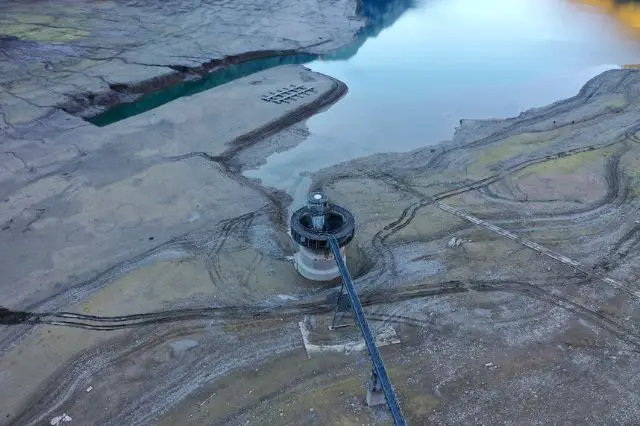The Importance of Industrial Water Treatments

One of the biggest problems that we are facing right now in the world is the contamination of our freshwater sources. While there are plenty of pollutants and trash dumped into the ocean as well, and that is absolutely problematic, when it comes to our lakes, rivers, and streams, we need to pay attention.
Why is that? To put it simply, we rely upon these sources for our drinking water, amongst other things such as the water we bathe with and cook with. Having them polluted is not good for the environment or for our long-term well-being either. It is something that scientists have been trying to problem solve for many years now.
While the Center for Disease Control here in the United States still puts out general warnings like this one, which cites the Environmental Protection Agency and the regulations established for sources of water, it is not something that we should turn a blind eye to as the general public. Instead, we should be examining our own industries critically and determining where changes can be made. Water treatments are one method of harm reduction that are worth learning more about.
What are Water Treatments?
Do you drink your tap water straight out of the faucet? I know that most of us do not do that anymore. Instead, we run it through a filter, be that a standalone pitcher or as an addon to our faucets. Either way, we treat the water before we drink it.
If you are familiar with that, then you already understand this concept at least to an extent. In essence, it is a process that involves removing the toxic chemicals and other pollutants. This is to ensure that is safe both for human use but also to release back into the environment, since we should care about them equally (especially right now).
Now, if you are wondering what is industrial water treatment, then, the answer is thankfully just as simple. It is the same process as above, simply on a much larger scale. So, the huge water plants that you see are probably dedicated to this process. They can treat large volumes of liquid at the same time, making them more efficient than the simple filters that we have at home – and the complexity at work in the machinery is also a lot more fascinating.
Why Does it Matter?
Think about how much water that we use for industrial purposes. Whether it is for cooling, cleaning, decontaminating, or even heating, we go through a lot in a day, let alone each year. Imagine if we had no way to properly clean it. No wonder so many rivers, lakes, and streams ended up severely polluted before we realized what was happening.
Really, we should be thankful that this innovation has come about. Often, large amounts of carcinogens and other toxins were being dumped into our freshwater sources. This caused severe consequences for some, and it is not a stretch to say that many are still impacted today.
You can learn about some of the individual forms of contaminants here, https://www.epa.gov/ccl/types-drinking-water-contaminants, if you want. It can help us to identify bodies of water which have been cleaned versus those that have not. Some are naturally occurring, as well, so it is always best to be cautious before taking a big gulp out of a river, stream, or lake (in fact, most experts would recommend against doing that).
Beyond selfish reasons, though, (and I say that lightly), there are also some altruistic factors that go into the importance of industrial water treatments. I recognize that not everyone is interested in environmentalism, and there are plenty who simply do not care. However, as someone who does care about it, I think this is another good point to highlight.
When we clean the water before releasing it back out into the earth, we are helping many underwater ecosystems continue to thrive. Fish are just some of the organisms that live in these areas – there are also snails, mollusks, crustaceans, and many species of plants. Protecting and maintaining these populations is beneficial for all of us, and we should be doing our best to ensure this happens.
So, as you can see, there are plenty of motivations that industrial plants have for ensuring that they have a water treatment plan. Of course, there is also the Clean Water Act that was passed in the United States, so that is another consideration. Just know that a lot of change has come about in the past several decades, and we are finally seeming to be on a better path.
Hopefully, I have been able to offer you some new perspective here today. Educating ourselves on these processes might not be the most exciting thing to do, but it is certainly worthwhile.





